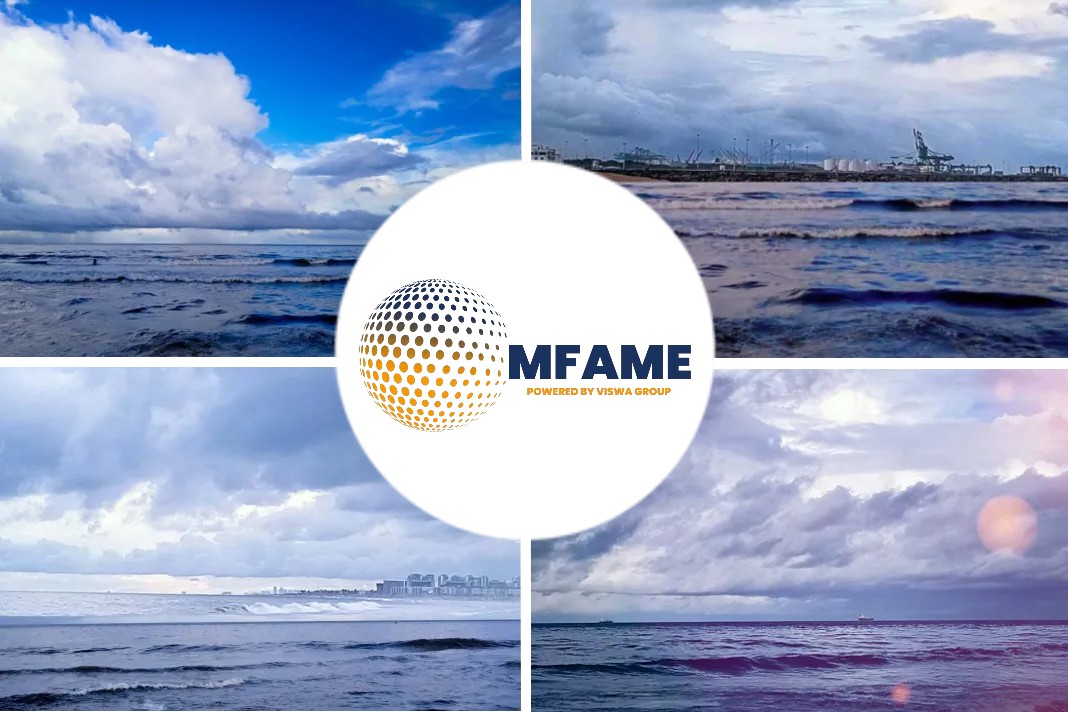Bernhard Schulte Shipmanagement is expanding rapidly through acquisition, and new business development. LNG World Shipping catches up with this ambitious group.
In early 2018, Bernhard Schulte Shipmanagement (BSM) purchased PRONAV and its fleet of six managed LNG carriers (LNGCs), expanding BSM fleet capability to completely manage three LNGCs and handle crew management for 21 LNGCs. Five 174,000 m³ LNGCs and one 7,500 m3 LNG bunker vessel (LNGBV) are currently under construction and set to join the BSM-managed fleet in 2018 and 2019.
These newbuildings and the PRONAV ships will lift the number of BSM’s fully managed LNGCs to 15. LNG World Shipping asked Angus Campbell, corporate director of energy projects to explain the rationale behind this expansion and BSM’s growing role in the nascent LNG bunkering industry.
Could you describe your company’s involvement in the LNG ship management sector?
With 45 years of experience in managing gas carriers, we regard LNG shipmanagement as a key strength and growth area. The fundamental supply and demand balance is good, with LNG production increasing significantly. Services provided span newbuilding supervision, technical management, crew management and inhouse LNG training. BSM manages over 80 gas carriers in the LPG, ethylene and LNG sectors. This involvement will continue to grow as new 174,000 m³ LNGCs are delivered into the owned and managed fleet.
How did your company perform commercially in the LNG sector in 2017, compared to 2016?
Having achieved sector growth in 2016 with new LNG carriers contracted for management, 2017 focused on plan approval, newbuilding supervision and preparation for deliveries. As always, LNGC construction takes longer than conventional tonnage due to the specialised nature of the containment and cargo handling system. Consequently, we regard it as a successful year in line with our business and operational development plan.
What have been the most important developments within your company over the last 12 months in the LNG sector?
The acquisition of the specialist LNG shipmanager PRONAV was certainly a significant development for the Schulte Group. We reached agreement in January 2018 and received clearance for the merger from the German authorities in February 2018. This increases the number of LNG carriers under full management to six vessels. We also continue to work with Babcock International, under the name Babcock Schulte Energy, on opportunities that we have identified in the small-scale LNG sector.
Do you see further consolidation and mergers taking place among shipmanagers, specifically to meet the requirements of the LNG sector?
The shipping industry is consolidating in many areas, with shipmanagement representing one aspect. We are confident that the strength we have in the LNG sector, backed by decades of experience, will add value to our organisation. The expertise of our seafarers on board and our fleet teams ashore provide the ability to work successfully with new technology, meeting the requirements of the LNG sector as it expands. This aligns with BSM’s mission to enable our business partners to achieve their objectives through applied knowledge, experience and innovation.
BSM is at the forefront of managing LNG bunkering. Could you describe the progress so far, and any plans to expand further into this sector?
Babcock Schulte Energy was formed to develop safe, sustainable, high-value business in the energy sector. We recognise the potential of the LNG bunkering and small-scale opportunities that we have identified. They are perfectly suited to the skills that both companies bring to BSE, enabling the Schulte Group’s gas shipping expertise to be blended with the gas process, equipment and design expertise of Babcock. Our first purpose-built gas supply vessel will be delivered in September by Hyundai Mipo Dockyard. This is the first of what we anticipate will be several such specialised ships to work within the evolving small-scale sector.
Based on your experiences, how do you view the challenges that lie ahead?
Our industry is experiencing dramatic change on a grand scale, with new global regulations governing emissions, fuel choice, efficiency and ballast water treatment. Improvements in technology and connectivity, with increasing digitalisation and streamlining of business processes offer commercial opportunities. We are well prepared to meet these challenges and provide our customers with guidance as they navigate this change successfully. The solutions will differ. For example, the choices that make financial sense for the existing fleet will be different to the choices available for newbuildings.
Did you subscribe for our daily newsletter?
It’s Free! Click here to Subscribe!
Source: LNG World Shipping























